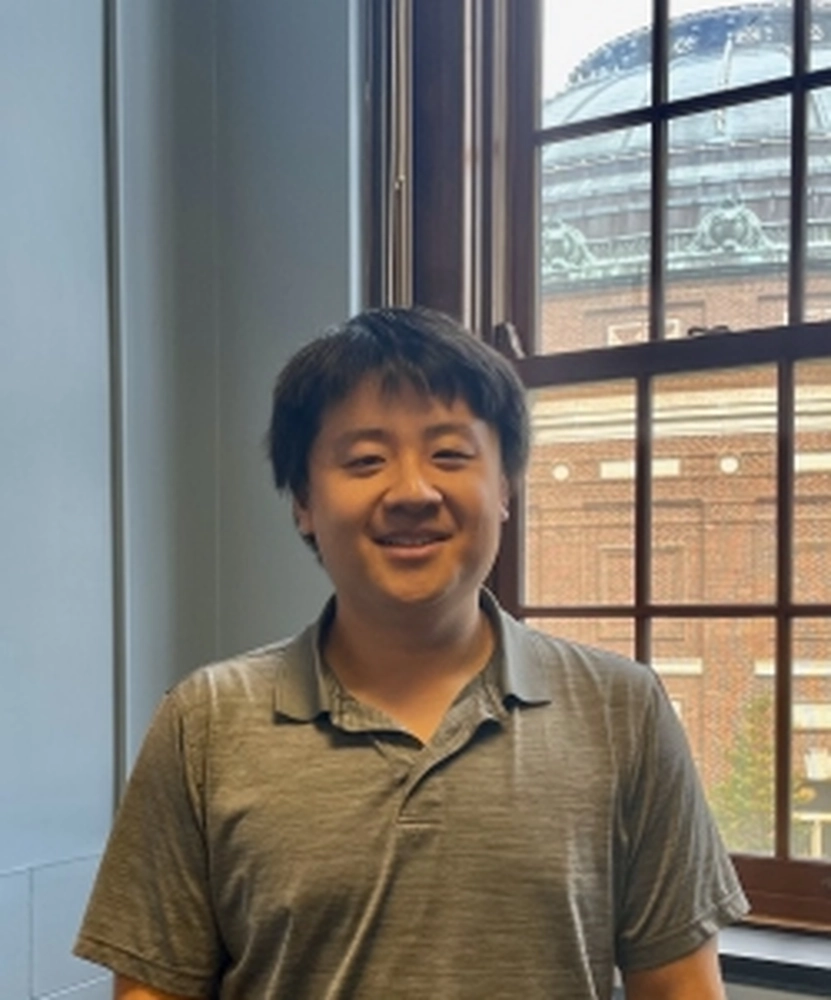
Max Fan, a junior Philosophy + CS major, has recently been awarded a National Science Foundation Graduate Research Fellowship which will provide three years of financial support for his graduate studies. Fan will graduate this May and begin his PhD at Cornell University in the fall.
While at the University of Illinois, and during a summer internship at NASA in 2023, Fan proposed and developed a new temporal logic semantics, a topic he first encountered in a class taught by philosophy professor Kohei Kishida.
Temporal logic is a system of rules for representing and reasoning about propositions that change over time. In computer science, and at NASA, it’s used to specify when safety conditions should be triggered and to determine when a system is behaving nominally.
“They don’t like bugs, and they don’t like things going wrong,” Fan said. “And so, the idea is you have all these requirements for how your rocket or how your satellite ought to behave. So, if your satellite does this, it should then do this, and these logics have a temporal nature.”
For example, a temporal property might say “after the parachute deploys then the machine should decelerate.” Once the temporal property is specified, it is important to monitor the system to verify if it is behaving as expected. When a property is violated, the error should be handled as quickly as possible.
Fan soon recognized that the standard temporal logic semantics that most people in computer science work with were not sufficient for NASA’s purposes. His coursework in philosophy helped him realize he could develop his own semantics that better captured the problem he was trying to solve.
“My philosophical training allowed me to think outside the box and develop a different way that didn’t rely on the standard approaches,” he said. “I think there’s a reason why no one else thought of this before because people generally take the standard temporal logic semantics and do other things with it. But they don’t think about changing the actual ground rules.”
He proposed a non-standard temporal logic semantics that will work better to solve NASA’s and other computer science problems. He has a paper in progress that he is hoping to submit to a conference soon.
Fan also regularly seeks out perspectives on logic from researchers working in fields outside his major. He organizes a weekly lunch for those working on logic in computer science that also attracts professors and students in philosophy, electrical and computer engineering, and math.
“The idea is that people who are interested in logic or logic adjacent come and talk about research and what people are working on,” he said. “It’s quite nice to see everyone and to hear about a different perspective. The math department has a certain kind of flavor of the research, which is a little different than the philosophy department, which is different than the flavor in the CS department.”
Fan’s research interests include the intersection of computer science and philosophy, epistemology, and logic and truth, which is why he decided to major in philosophy + CS. In addition to professor Kishida, he also cites philosophy professor Jonathan Livengood, and computer science professor Talia Ringer as mentors during his time at the university.
The NSF fellowship is not the first accolade he has received for his work. In his sophomore year, he received a Barry M. Goldwater scholarship for his potential to contribute to the advancement of research in the natural sciences, mathematics, or engineering. A fellow philosophy junior, Sylvia E, was also recently honored with a Goldwater Scholarship.
His favorite courses have been the graduate seminars he has participated in, including the philosophy of logic graduate seminar, which he took twice, and the conceptual engineering seminar taught by philosophy professor Kevin Scharp.
“I think all the courses [in philosophy] are actually very well taught. Like some departments are hit and miss. But every course here has been a hit. …The quality of instruction is quite high,” he said.